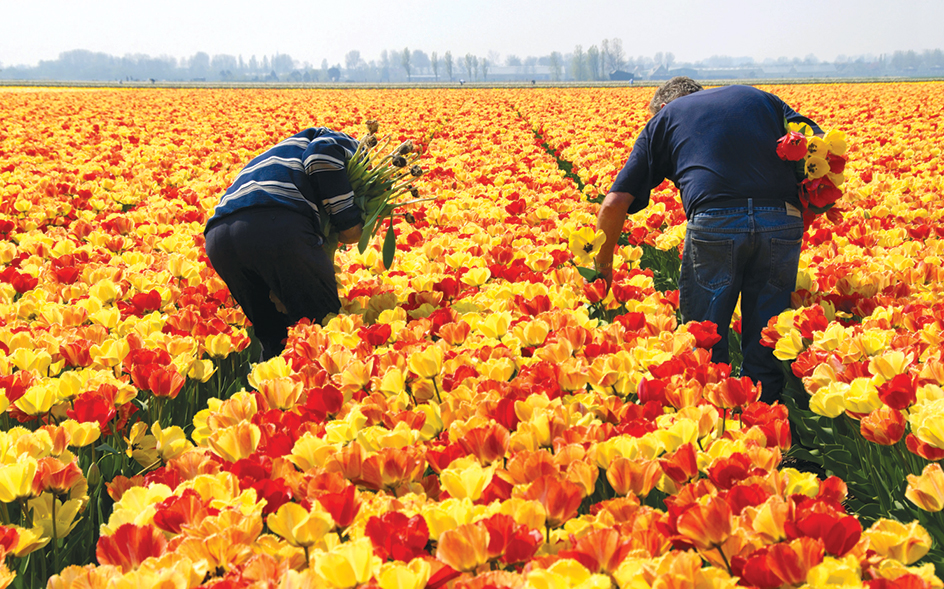Nursery produces and raises plants for transplanting into fields, gardens, orchards, and landscaped areas. Nurseries raise trees, shrubs, ground covers, and other plants, including flowers and vegetables. Some nurseries specialize in tropical plants. Most nurseries operate as businesses. Certain governmental agencies maintain nurseries to help reforest public and private lands.
Nurseries produce plants from seeds or cuttings or by grafting, attaching buds or stems from mature plants to the root systems of other plants. They also grow certain plants from bulbs or other plant parts. Workers care for the plants by fertilizing and irrigating the soil, and by protecting them from disease, insects, and weeds.

Nurseries grow and sell many plants in containers. They sell some larger field-grown plants balled and burlapped—that is, with their roots and soil wrapped in burlap—or bare-root, with the roots packed in moist material to prevent drying.
Three kinds of commercial nurseries exist. Wholesale nurseries sell to other nurseries and handle large quantities of a small variety of plants. Retail nurseries sell directly to the public and handle relatively small quantities of many kinds of plants. Most retail nurseries operate in cities or along busy highways. Some provide planting and maintenance services and offer planting designs for home gardens and yards. Mail-order nurseries distribute catalogs and maintain Internet sites describing the plants they sell. Many grow only a small portion of their plants and buy the rest from wholesale nurseries.
Various nursery associations worldwide enable nurseries to exchange ideas on nursery practices and business management. The major United States association is the American Nursery and Landscape Association, headquartered in Washington, D.C.
